Robert C. Martin0131428489, 9780131428485
Table of contents :
Overview of UML for Java Programmers……Page 12
Diagram Types……Page 13
Class Diagrams……Page 15
Object Diagrams……Page 16
Collaboration Diagrams……Page 17
State Diagrams……Page 18
Bibliography……Page 19
Why Model?……Page 20
Making Effective use of UML……Page 21
Communicating with Others…….Page 22
Back end Documentation……Page 24
What to keep, and What to throw away…….Page 25
Behavior first…….Page 26
Check the structure……Page 28
Envisioning the code…….Page 30
Iterative Refinement……Page 31
When to draw diagrams, and when to stop…….Page 32
CASE Tools…….Page 33
And Javadocs?……Page 34
Conclusion……Page 35
Classes……Page 36
Multiplicity……Page 37
Inheritance……Page 38
An Example Class Diagram……Page 39
Class Stereotypes……Page 41
Properties……Page 42
Aggregation……Page 43
Composition……Page 44
Multiplicity……Page 45
Association Stereotypes……Page 46
Anonymous Inner Classes……Page 47
Association classes……Page 48
Conclusion……Page 49
Bibliography……Page 50
Objects, Lifelines, Messages, and other odds and ends…….Page 52
Creation and Destruction……Page 54
Cases and Scenarios……Page 55
Loops and Conditions……Page 59
Messages that take time…….Page 60
Asynchronous Messages…….Page 62
Multiple Threads……Page 64
Sending Messages to Interfaces…….Page 65
Conclusion……Page 67
Writing Use Cases……Page 68
The Primary Course……Page 69
What else?……Page 70
System Boundary Diagram……Page 71
Conclusion……Page 72
Design Smells…….Page 74
The Single Reponsibility Principle (SRP)……Page 75
The Open Closed Principle (OCP)……Page 77
The Liskov Substitution Principle (LSP)……Page 89
The Dependency Inversion Principle (DIP)……Page 91
The Interface Segregation Principle……Page 92
Conclusion……Page 93
Bibliography……Page 94
The Initial Exploration……Page 96
Estimating the features……Page 97
Planning Iterations……Page 98
The midpoint…….Page 99
What’s in an Iteration?……Page 100
Acceptance Tests……Page 101
Refactoring……Page 102
Conclusion……Page 103
Bibliography……Page 104
Packages……Page 106
Dependencies……Page 107
Principles of Package Design……Page 108
The Common Closure Principle (CCP)……Page 109
The Stable Dependencies Principle (SDP)……Page 110
Conclusion……Page 111
A Snapshot in Time…….Page 114
Active Objects……Page 116
Conclusion……Page 119
The Basics……Page 120
Special Events……Page 121
Super States……Page 122
Using FSM Diagrams……Page 124
SMC……Page 125
ICE: A Case Study……Page 127
Conclusion……Page 132
The Mark IV Special Coffee Maker……Page 134
MissingMethods…….Page 137
Vapor Classes……Page 138
Imaginary Abstraction……Page 139
A Coffee Maker Solution……Page 140
Crossed Wires……Page 141
Use Case 1: User pushes brew button…….Page 142
Use Case 3: Brewing Complete…….Page 143
Implementing the Abstract Model…….Page 145
Use Case 1. User pushes Brew Button (Mark IV)……Page 146
Implementing the isReady() functions…….Page 147
Implementing the start() functions…….Page 148
How does M4UserInterface.checkButton get called?……Page 149
Completing the Coffee Maker……Page 150
How did I really come up with this design?……Page 152
Caveat Emptor……Page 164
SMCRemoteClient……Page 165
SMCRemote Communication Protocols……Page 166
SMCRemoteClient……Page 168
The Loggers……Page 175
The Remote Sessions…….Page 176
RemoteSessionBase……Page 177
The Remote Registrar……Page 180
The Remote Compiler……Page 182
FileCarrier……Page 187
SMCRemoteClient Conclusion……Page 188
SocketService……Page 189
SMCRemoteService……Page 194
SMCRemoteServer……Page 198
ServerSession……Page 201
UserRepository……Page 203
PasswordGenerator……Page 213
Conclusion…….Page 214
Tests for SMCRemoteClient……Page 215
Tests for SocketService……Page 222
Tests for SMCRemoteServer……Page 225
Other Tests……Page 235
ServerController (SMC Generated)……Page 238
Bibliography……Page 246
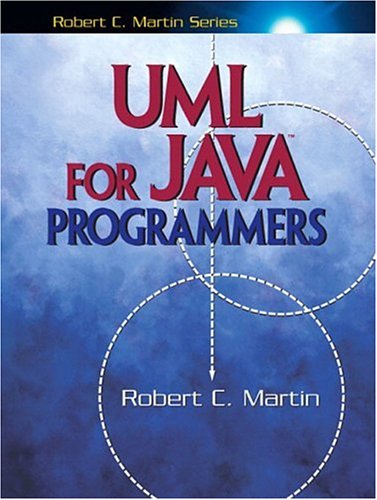
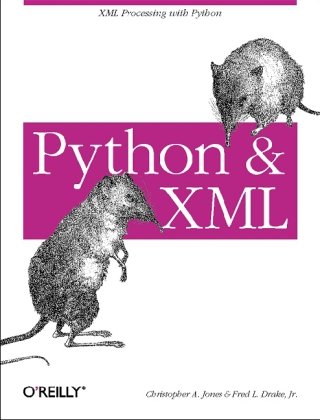
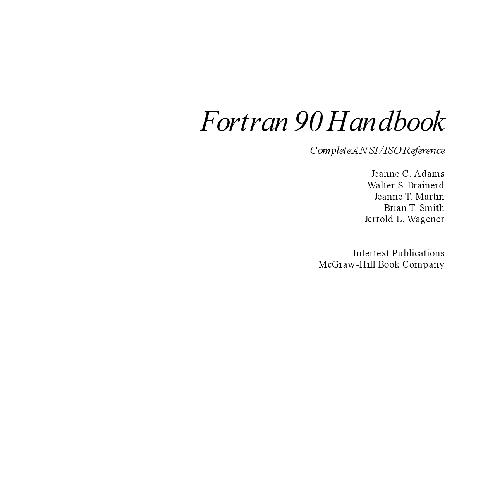
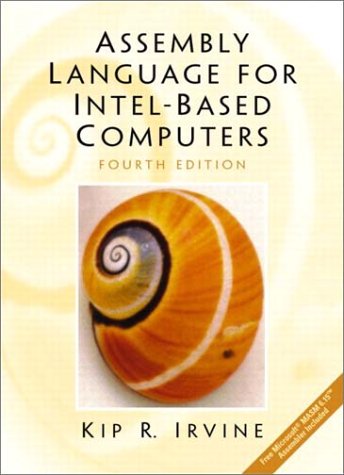
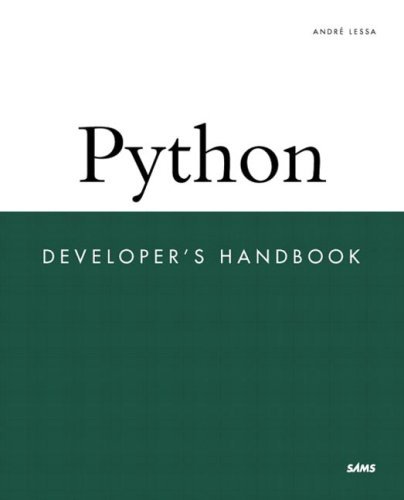
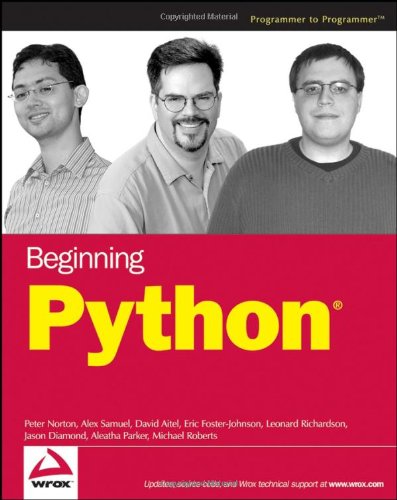
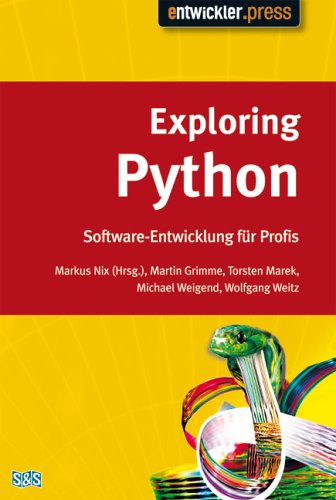
Reviews
There are no reviews yet.